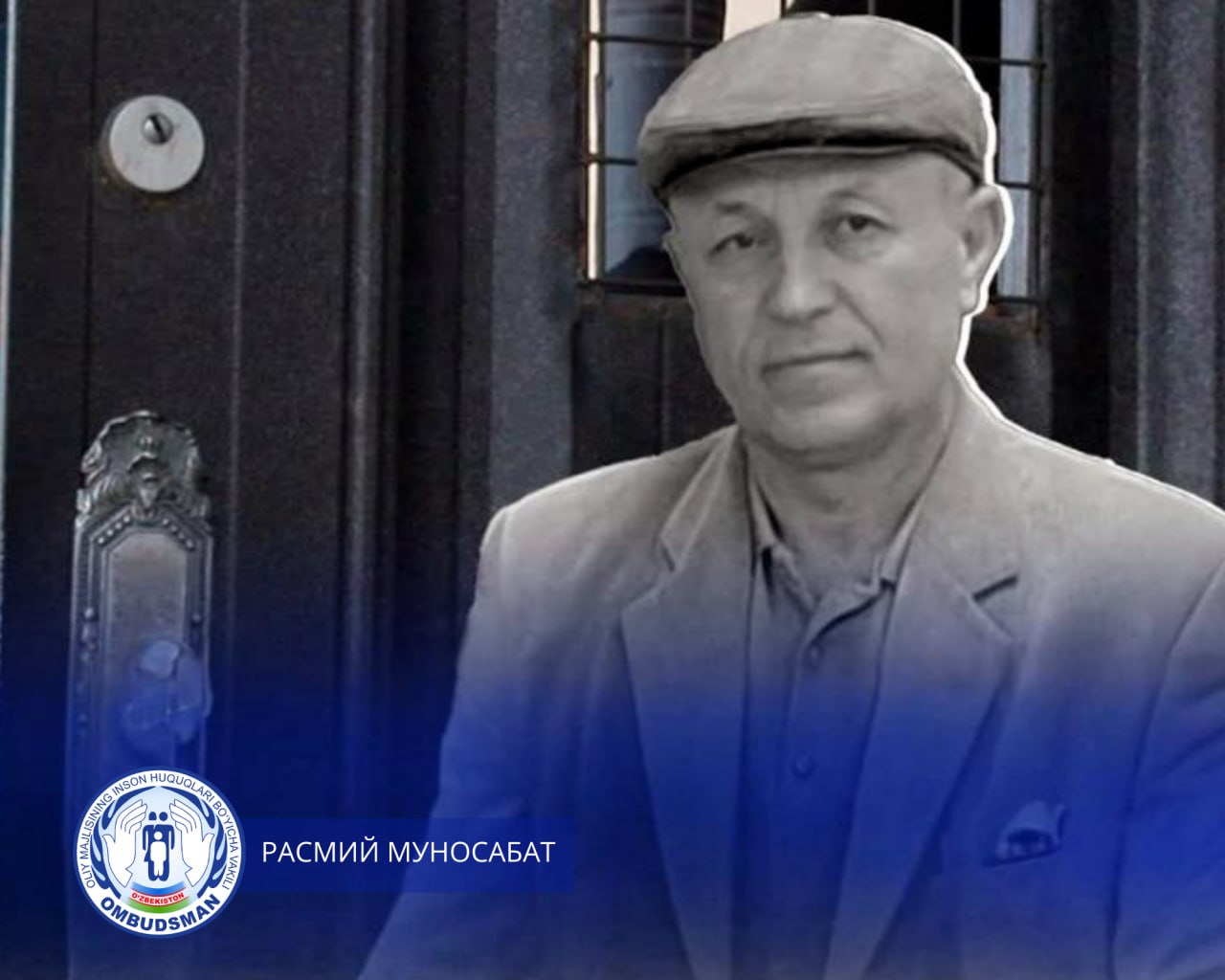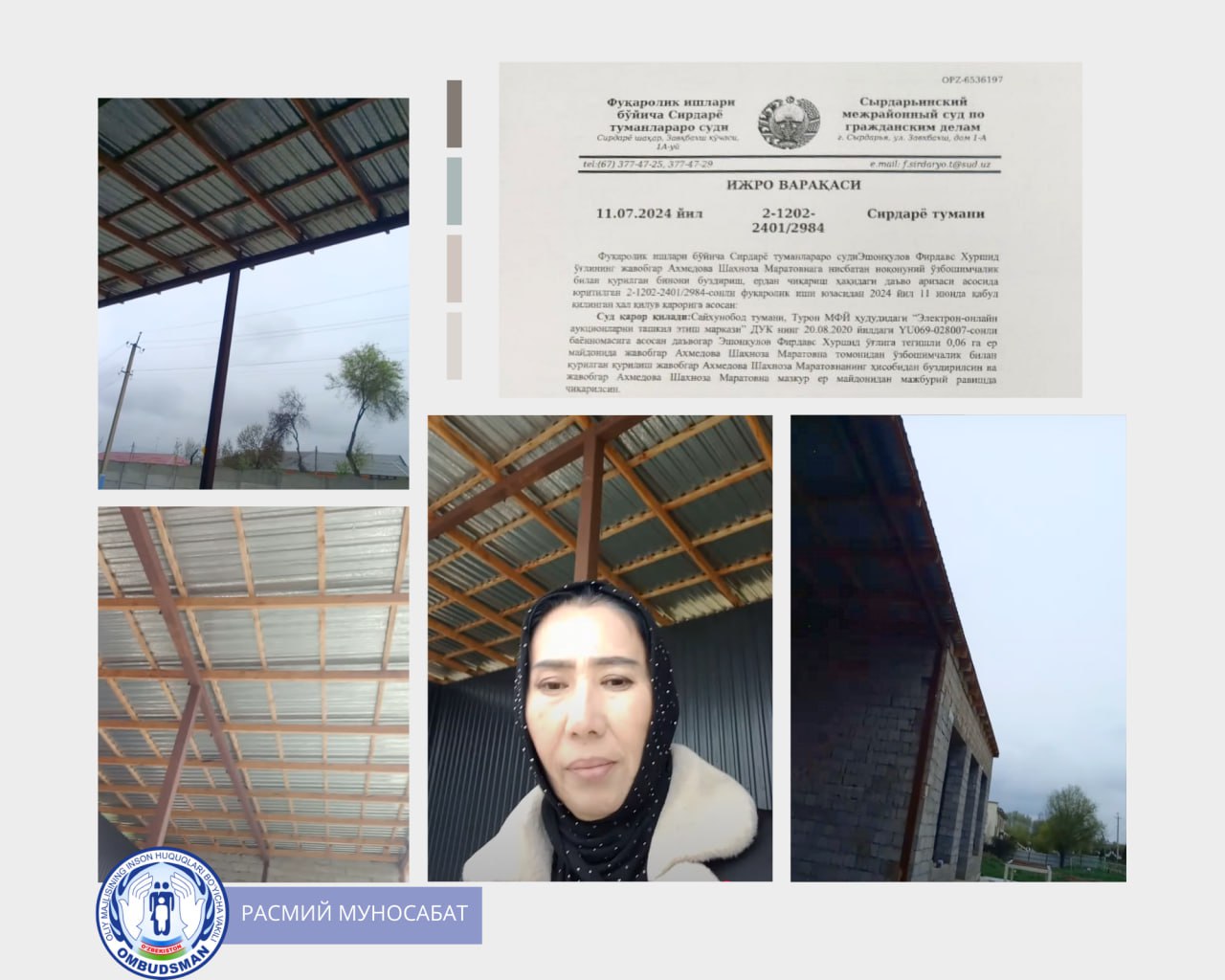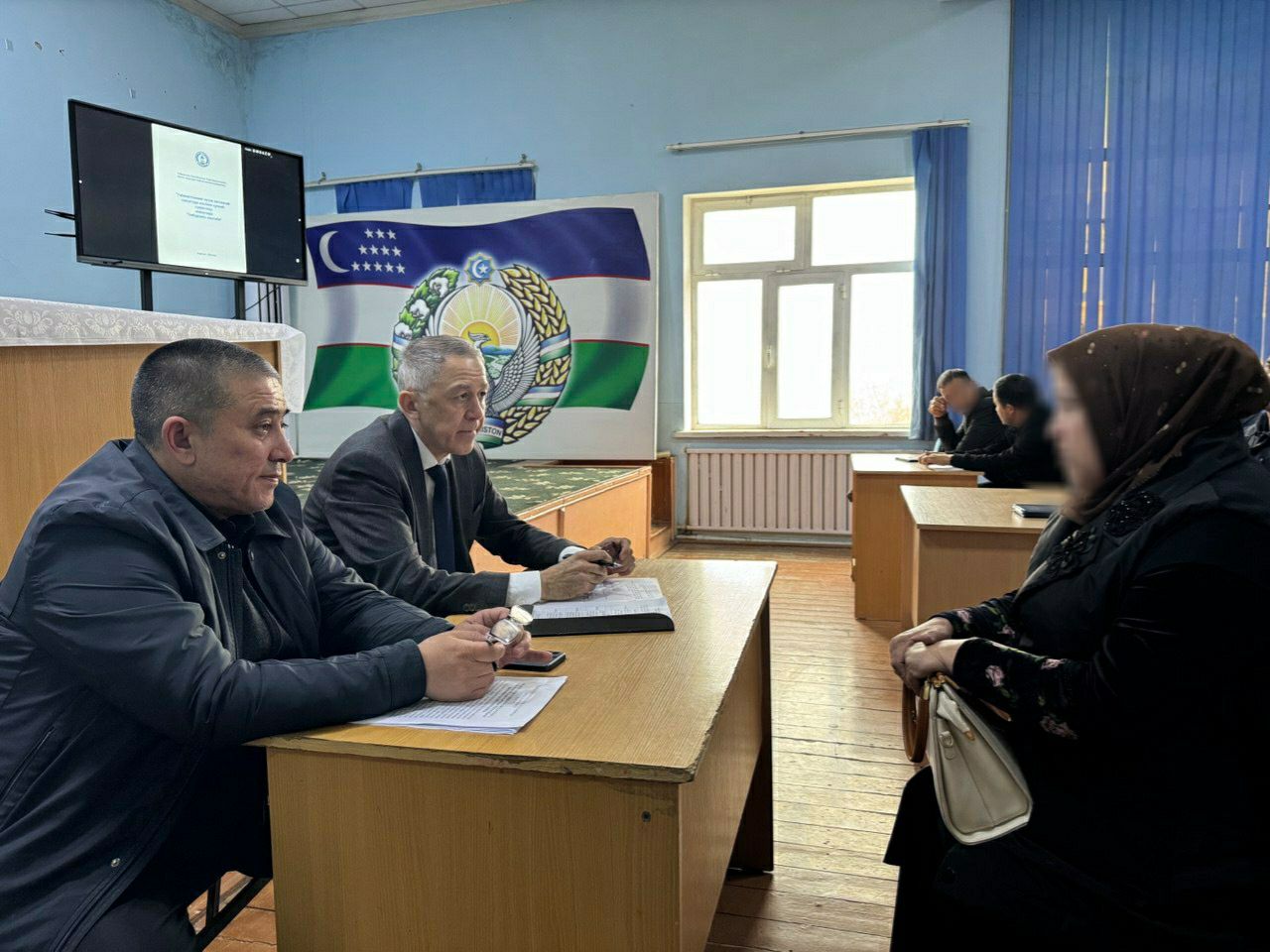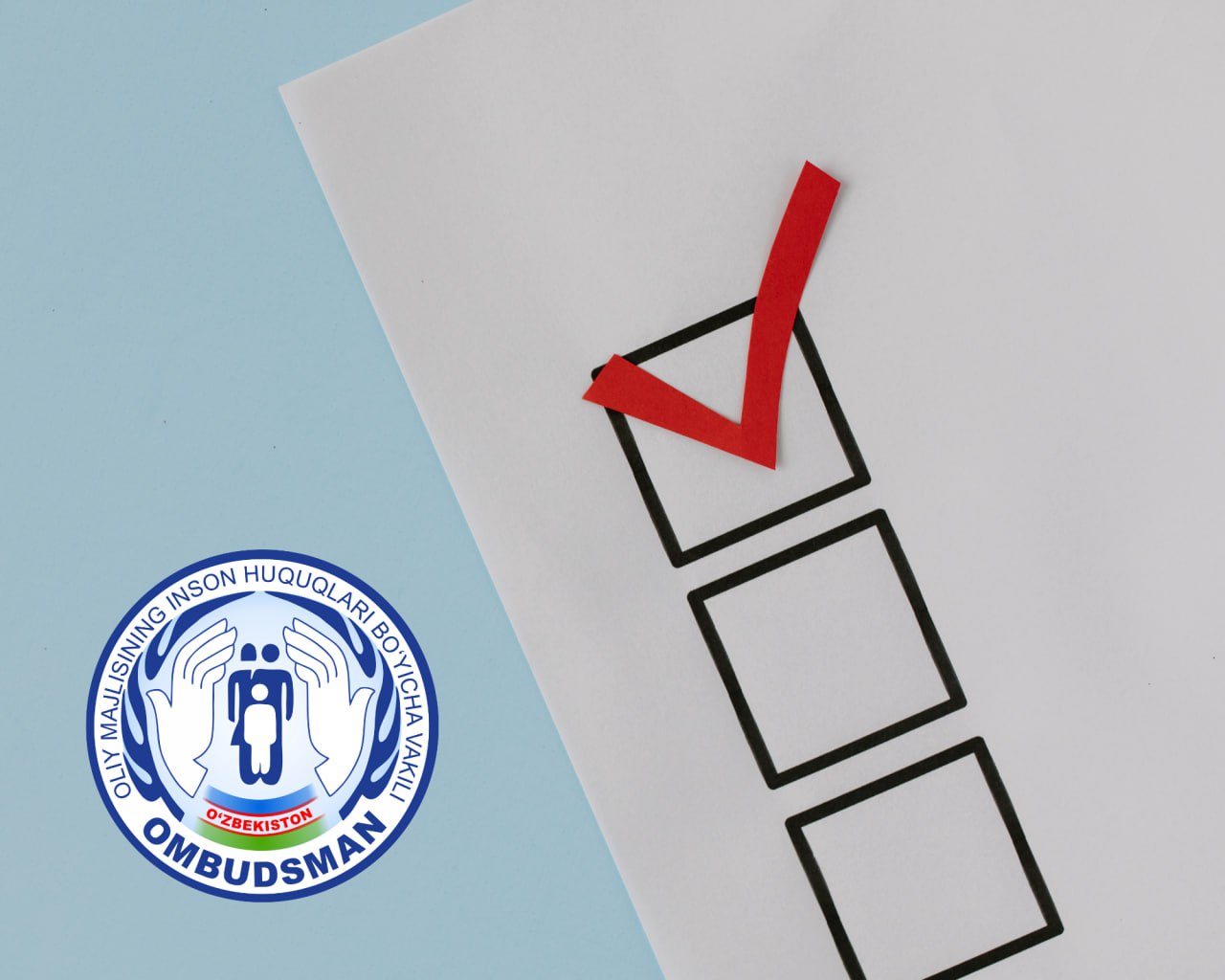In this regard, on March 25-27 this year monitoring visits were carried out to the Bukhara Regional Department of Internal Affairs, the Rehabilitation Center homeless, Center for Social and Legal Assistance to Minors, Bukhara Regional Department of Internal Affairs by a group of experts from the public working within the framework of the National Preventive Mechanism under the Ombudsman in order to identify and prevent cases of torture in correctional colony No. 1, 17, 20, Pre-trial detention center No. 4.
The expert group on monitoring included Ombudsman, the Senator, the regional representative of the Ombudsman for the Bukhara region, representatives of the Ombudsman's secretariat, members of the Ombudsman's commission, representatives of government agencies, NGOs and the media.
During the monitoring, they got acquainted with the process of cooking in the kitchens of the colonies. A review of menus and food storage areas showed that food safety standards are being met.
In addition, a study of medical services in prisons showed that there was no shortage or problems with medicines and equipment, and that conditions were satisfactory, but there were vacancies due to low wages.
The members of the expert group also got acquainted with the conditions created in the rooms for short-term and long-term meetings and telephone rooms in the colonies. During the inspection of the facilities, it was found that when the relatives of the convicts met, there were no waiting rooms outside the colony, the prices for food in the stores were high, and the salaries of the convicts were delayed due to non-fulfillment of contractual requirements on the part of some clients.
During the monitoring, members of the Expert Group, consisting of representatives of the public, held collective and individual meetings with the detainees.
During group meetings, the convicts were explained in detail their rights and obligations and explained that they should turn to the Ombudsman in case of discrimination against them. During individual receptions with convicts, they were asked about their treatment in the institution, whether there were cases of torture and other cruel, inhuman or degrading treatment or punishment, as well as about the conditions created for the convicts. The convicts' complaints mainly concerned the trial and resettlement to areas close to their places of residence.
During the visit to Bukhara, a monitoring trip was carried out to the Regional Center for the Rehabilitation of the Homeless, the Center for Social and Legal Assistance to Minors, as well as the mobile offices of the Ombudsman.
A group of experts working under the National Preventive Mechanism under the Ombudsman will continue to monitor prisons and pre-trial detention centers throughout the country.
Press Service of the Authorized Person of the Oliy Majlis for Human Rights (Ombudsman)






































